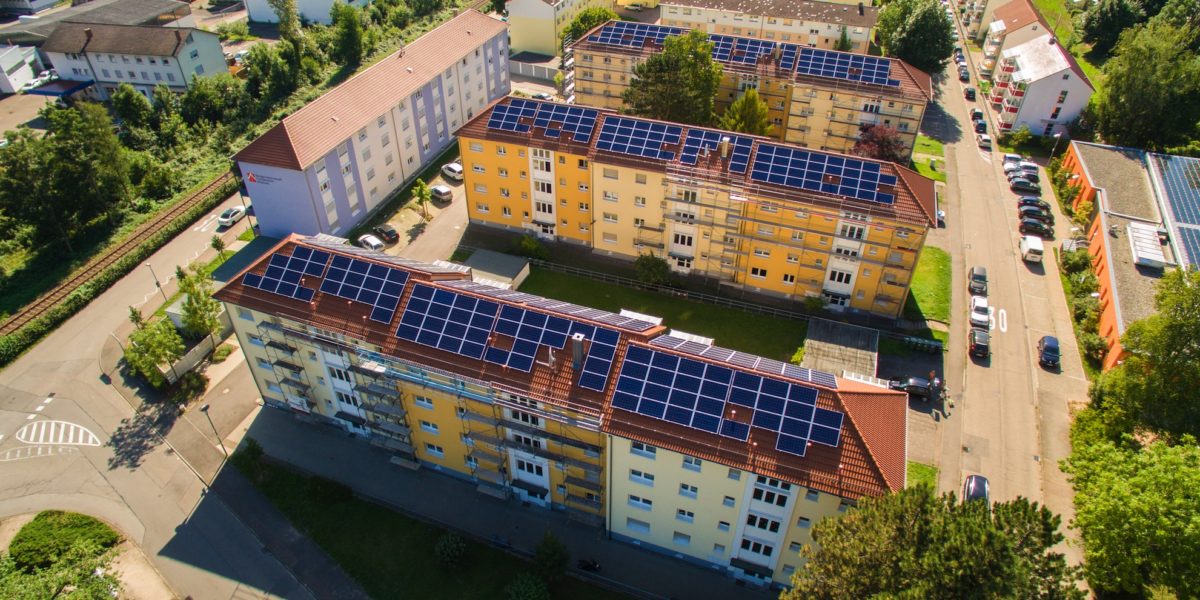The “PVP4Grid” research project has published an initial review of the frameworks for the individual and collective consumption of solar power in various European countries. The EU-funded project examined the regulatory framework of Germany, Austria, Belgium, France, the Netherlands, Italy, Spain and Portugal, as the German Solar Industry Association (BSW-Solar) reported on Tuesday.
Self-consumption for PV systems is permitted in all countries examined. After all, the joint use of photovoltaic systems in a building is now permitted in five countries. Only in Belgium, Italy and Spain is it explicitly prohibited. The supply of photovoltaic electricity at the district level is only legally possible and economically feasible in France and the Netherlands, the authors of the report reveals. The potential that the various prosumer concepts could bring to photovoltaics depends on the prevailing subsidy mechanisms.
According to German consulting firm Eclarion, which has written the report about Germany, obstacles to the implementation of the various prosumer concepts in Germany include the sinking feed-in tariffs currently still in force. Furthermore, the electricity tax, which must be paid for plants over 2 MW, and the EEG levy on own and direct consumption are listed as factors preventing solar self-consumption to become a concrete option. Furthermore, the criterion of spatial proximity or technical requirements such as the remote controllability of the generators complicate such projects in Germany.
“The analysis of existing framework conditions in the individual countries represents an important basis for the further work of PVP4Grid,” said BSW-Solar CEO Dr. Carsten Körnig. “PVP4Grid” started in October 2017. The research project will run until March 2020. A total of eleven partners from European countries are involved. BSW-Solar coordinates the project. “The goal of the international project is to contribute to the development of improved prosumer concepts and to the dissemination of solar power consumption near to consumption,” continues Carsten Körnig.
This content is protected by copyright and may not be reused. If you want to cooperate with us and would like to reuse some of our content, please contact: editors@pv-magazine.com.




By submitting this form you agree to pv magazine using your data for the purposes of publishing your comment.
Your personal data will only be disclosed or otherwise transmitted to third parties for the purposes of spam filtering or if this is necessary for technical maintenance of the website. Any other transfer to third parties will not take place unless this is justified on the basis of applicable data protection regulations or if pv magazine is legally obliged to do so.
You may revoke this consent at any time with effect for the future, in which case your personal data will be deleted immediately. Otherwise, your data will be deleted if pv magazine has processed your request or the purpose of data storage is fulfilled.
Further information on data privacy can be found in our Data Protection Policy.